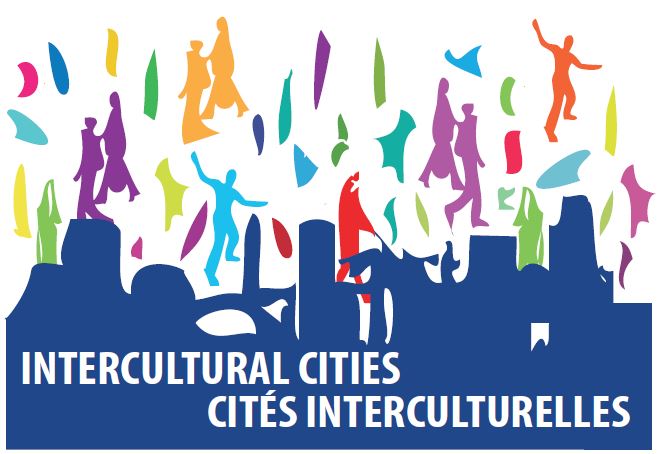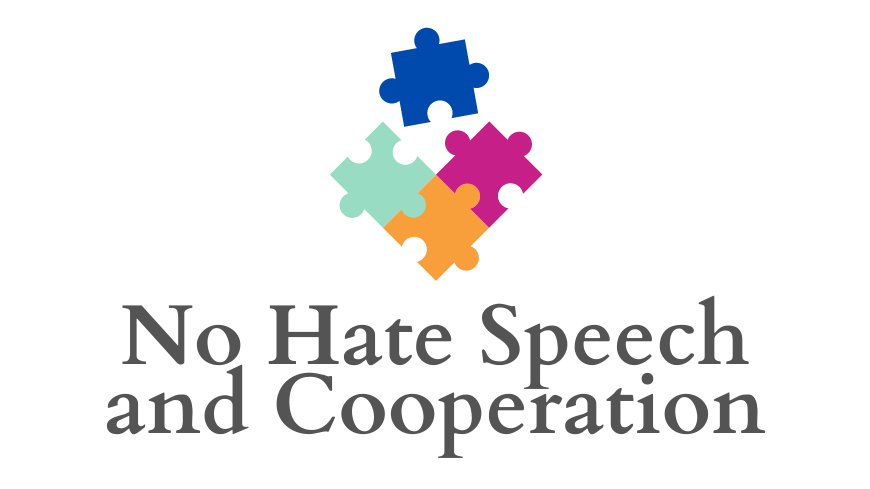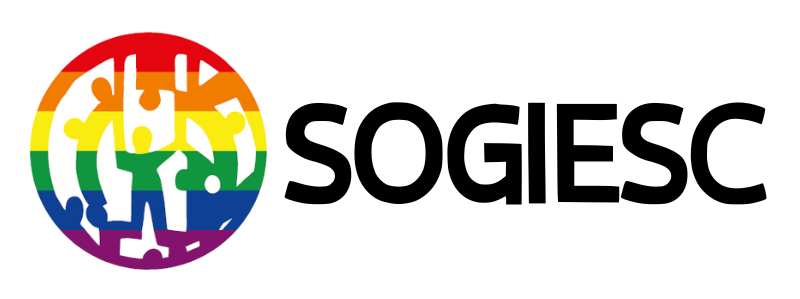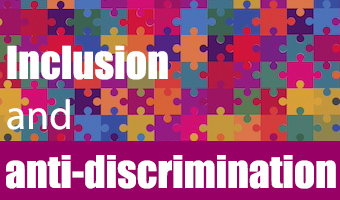As part of its ongoing efforts to advancing anti-discrimination policies in the Western Balkans and Eastern Partnership regions, the Council of Europe launched a Training of Trainers (ToT) programme. This initiative brings together over 30 participants, including representatives from public institutions responsible for inclusion and anti-discrimination policies, equality bodies, and public administration training centres.
Over a 4-month period, participants will gain both in-depth substantive knowledge and technical skills to effectively teach the anti-racism course at the domestic level. The training will include online workshops, hands-on tutorials, and individual assignments, culminating in a final in-person seminar scheduled for October in Strasbourg. Once the programme is completed, trainers will be able to deliver the course on “Combating Racism and Racial Discrimination” within their respective Beneficiaries.
The online course “Combating Racism and Racial Discrimination”, draws on the European Commission against Racism and Intolerance (ECRI) General Policy Recommendation No. 7 which outlines essential elements for comprehensive anti-racism domestic legislation. In addition, the course refers also to the EU Anti-racism Action Plan 2020-2025, acknowledging the need to tackle the underlying problems racism, including in its structural form, in the EU through legislative and policy measures.
Developed by leading anti-discrimination and equality experts, the course was first piloted during a workshop held in Strasbourg in July 2024, where representatives from relevant institutions in the Western Balkans and Eastern Europe had the opportunity to test the material and provide feedback. Translated in local languages of the regions, the course will be provided to public administration training centres, enabling civil servants to integrate it in their professional development path. The wider roll-out, planned for 2026, will be tailored to each beneficiary institution’s needs and technical capacities. In the long term, the course will be published as a self-learning resource for a broader audience, including students, civil society organisations, and the general public.
This event is organised within the action “Promoting equality and combating racism and intolerance in the Western Balkans” and the project “Promoting equality and non-discrimination: towards more resilient and inclusive societies”, which are respectively parts of the European Union/Council of Europe joint programmes “Horizontal Facility III for the Western Balkans and Türkiye” and “Partnership for Good Governance”.







